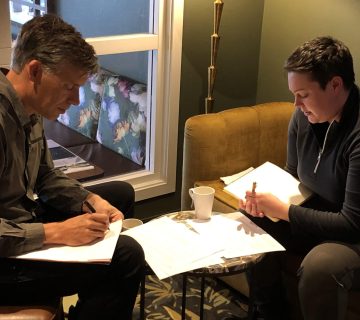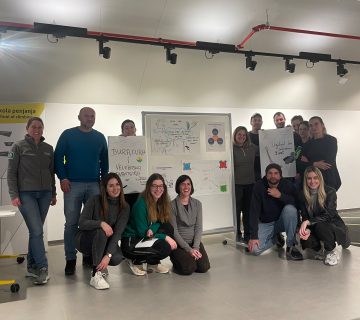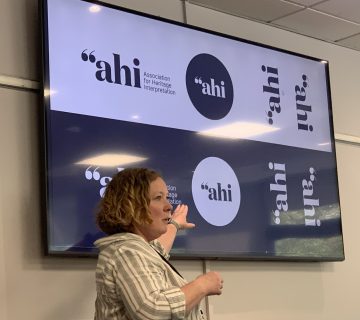Although small companies often marked the character of whole regions, they tend to be forgotten. Their heritage doesn’t seem to be outstanding. The EU project, Genius Loci, intends to focus attention on such small enterprises.
Large industries (such as coal mining, steel and iron works, and huge textile mills) and architecturally exceptional industrial buildings do seem to attract most interest by conservationists, policy makers and the public. However, one has to realise that the European economy always was – and still is – dominated by small companies processing local raw materials, natural resources as well as agricultural crops. They often mark the character of an area and its landscape (as brick yards, retting of flax and hemp…) or they represent long traditions (as local brews, wines, ciders…).
Industrial heritage has to be careful not to focus on the extraordinary but should rather focus on the ‘normal’, the ‘humble’.
Genius Loci is a European project, co-financed by the European Commission under COSME, the programme for the Competitiveness of Enterprises and Small and Medium-sized Enterprises. Its purpose is to draw attention to the heritage of small-scale industrial enterprises, to (re)evaluate their heritage significance and to increase understanding and appreciation by tourists and the general public. The project will try and establish networks and cooperation between sites, museums and traditionally operating enterprises, and develop schemes for the interpretation of these and of their role in the region in which they are situated. Project partners are based in Italy, Spain, Hungary, Malta and Belgium, while E-FAITH (European Federation of Associations of Industrial and Technical Heritage) is offering its expertise and network to the project.
As it is not possible to address the plurality of sectors and crafts together, three themes were defined to start with:
- the traditional fermented drinks industry (beer, wine, cider…) and the process of distilling strong spirits from these;
- clay processing industries (bricks, tiles, roof tiles – but also refractory bricks, pottery, drainage pipes, majolica…);
- traditional textile crafts (hand weaving, lace making…) and the production of traditional European textile fibres (e.g. flax, hemp).
At present a questionnaire is used to produce a gazetteer of sites situated in the member-states of the European Union. A selection of those will receive a free INDUSTRIANA label with QR-code. This will offer passers-by the opportunity to request information via their smart phone, while information and backgrounds will also be made available through a website.
The questionnaire can be downloaded in English, German, French, Spanish, Italian, Dutch and Hungarian from the website www.industriana.eu (go to the ‘Genius Loci’ tab).
Adriaan Linters is the Secretary General of E-FAITH, the European Federation of Associations of Industrial and Technical Heritage. You can contact him at secretariat@e-faith.or.
To cite this article:
Linters, A. (2016) ‘Genius Loci – about the heritage of small European companies’. In Interpret Europe Newsletter 2-2016, 20
Available online:
https://www.interpret-europe.net/fileadmin/Documents/publications/Newsletters/ie-newsletter_2016-2_summer.pdf




